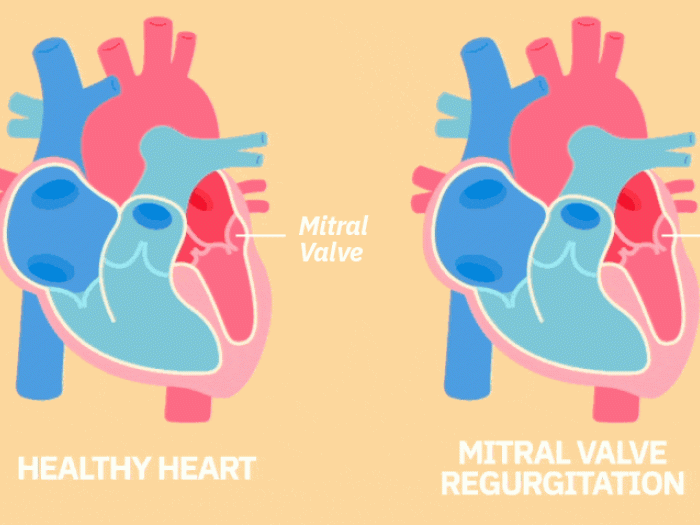Local woman, whose mitral valve disease was worsening, plans her 90th birthday celebration thanks to a minimally invasive option.
5:00 AM
Author |

There's no doubt about it: Ruth Pudists loves life. A worldwide traveler, the energetic 89-year-old has always been on the go, believing that "age is just a number." So when she began feeling exhausted a year ago, sometimes even finding it difficult to get out of bed, she knew something was wrong.
Pudists's symptoms were not unlike those she'd experienced 15 years ago when she underwent a successful quadruple heart bypass surgery. This time, however, her cardiologist diagnosed her with mitral valve regurgitation — a condition in which the heart's mitral valve doesn't close tightly, allowing blood to flow backward in the heart and preventing blood from moving efficiently through the rest of the body.
LISTEN UP: Add the new Michigan Medicine News Break to your Alexa-enabled device, or subscribe to our daily updates on iTunes, Google Play and Stitcher.
Although some individuals are symptom-free early in the progression of the disease, others may experience a cough, shortness of breath, low energy level, pain or tightness in the chest and an irregular heartbeat. Treatment for mitral valve regurgitation includes open heart surgery or any one of several endovascular procedures typically done through the femoral artery in the groin.
Pudists's doctors felt her age made her too high risk for either type of procedure. "My cardiologist told me I wasn't a candidate for surgery as there would not be an optimal outcome," she says. Essentially, she said she felt she was sent home to die.
A second opinion and hope
Undeterred, Pudists and her daughter, Mara, sought a second opinion at the Michigan Medicine Frankel Cardiovascular Center in July, where they met Steven Bolling, M.D., and his team.
MORE FROM MICHIGAN: Sign up for our weekly newsletter
"Dr. Bolling told me he had performed many procedures, including the MitraClip device, and that there was a 50% chance that they would be successful and help me," she says.
Those odds were good enough for her.
Bolling says the MitraClip device is typically recommended for high-risk patients with degenerative, functional or mixed mitral regurgitation and for whom open-heart surgery is not feasible. Rather than open surgery, MitraClip allows the surgical team to repair the mitral valve with a catheter guided through a vein to the heart.
SEE ALSO: A Cardiac Surgeon Answers Questions About Mitral Valve Disease
The MitraClip procedure is one of the offerings in the Frankel CVC's Percutaneous Mitral And Tricuspid, or MATRIx, program, which includes a variety of percutaneous or catheter-based techniques and devices that can repair or replace the mitral and tricuspid valves without opening up the heart.

A 'beautiful result'
After undergoing several tests, including a heart catheterization to make sure her arteries were healthy enough, Pudists was cleared for her procedure in early August.
"It was quick and successful," she says, and she was discharged the next day. "The morning after the MitraClip was put in I could walk from my bed to the bathroom without being short of breath."
"We had a beautiful result," Bolling says, adding that a strength of the MATRIx program is its roster: cardiologists, cardiac surgeons, nurses, nurse practitioners and physician assistants all working together for the best possible patient outcome.
SEE ALSO: A Young Woman Shares Her Battle with Heart Valve Disease
"Even though Mrs. Pudists was considered high risk, we have to consider a patient's quality of life if we do nothing," Bolling says.
Quality of life means everything to Pudists, who says she's feeling better every day and that her experience couldn't have been better. "I had no idea people could treat you so well. They are pure gems at the CVC."
Like most everyone, she's looking forward to the end of the COVID-19 pandemic when she can once again enjoy traveling, hosting her annual Christmas tea party and celebrating her 90th birthday.
After all, she says, "Life is for living."
Like Podcasts? Add the Michigan Medicine News Break on iTunes or anywhere you listen to podcasts.
Disclosure: Bolling consults with Abbott, the maker of the MitraClip device, mentioned in this story.

Explore a variety of healthcare news & stories by visiting the Health Lab home page for more articles.

Department of Communication at Michigan Medicine
Want top health & research news weekly? Sign up for Health Lab’s newsletters today!





